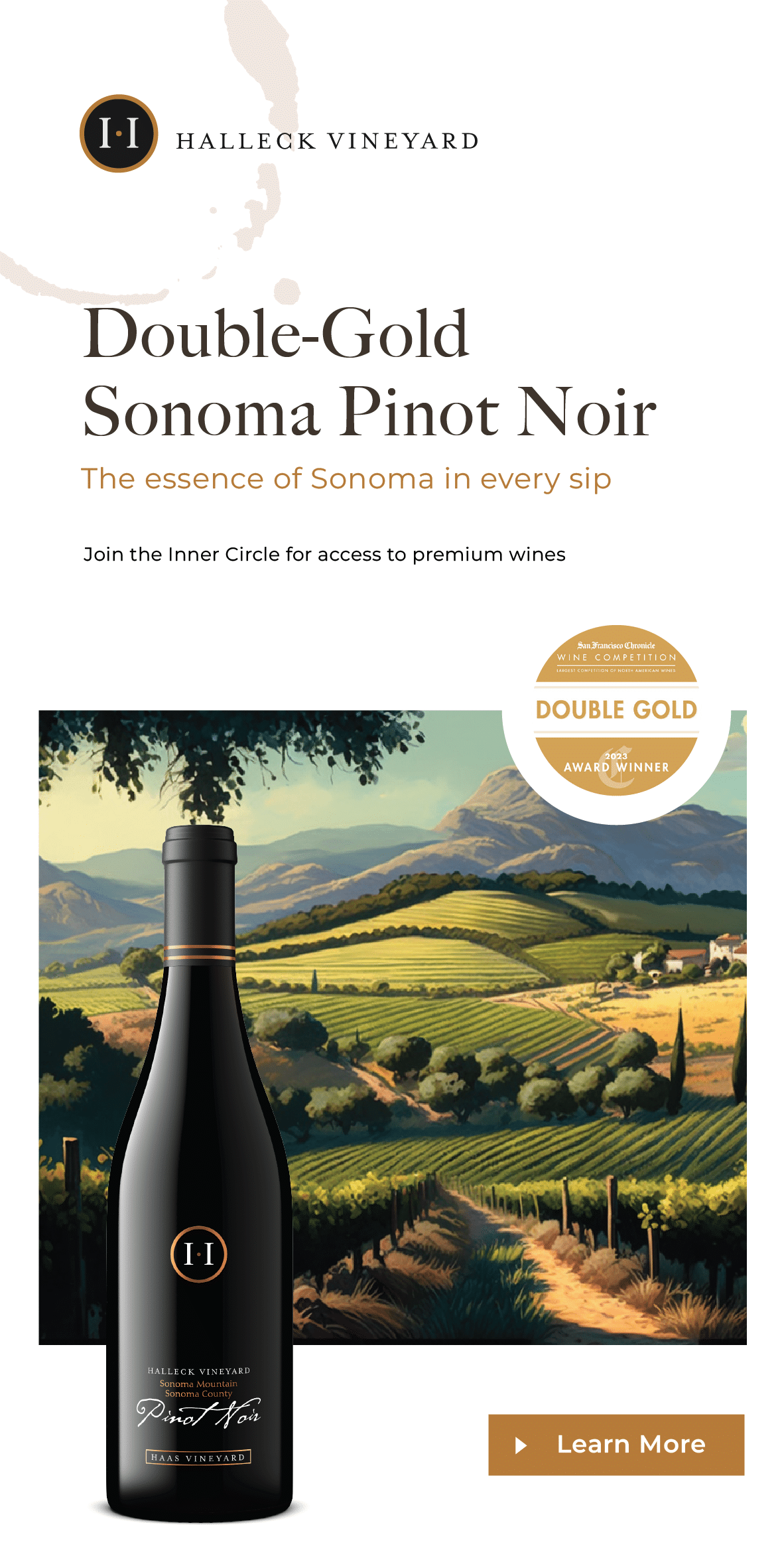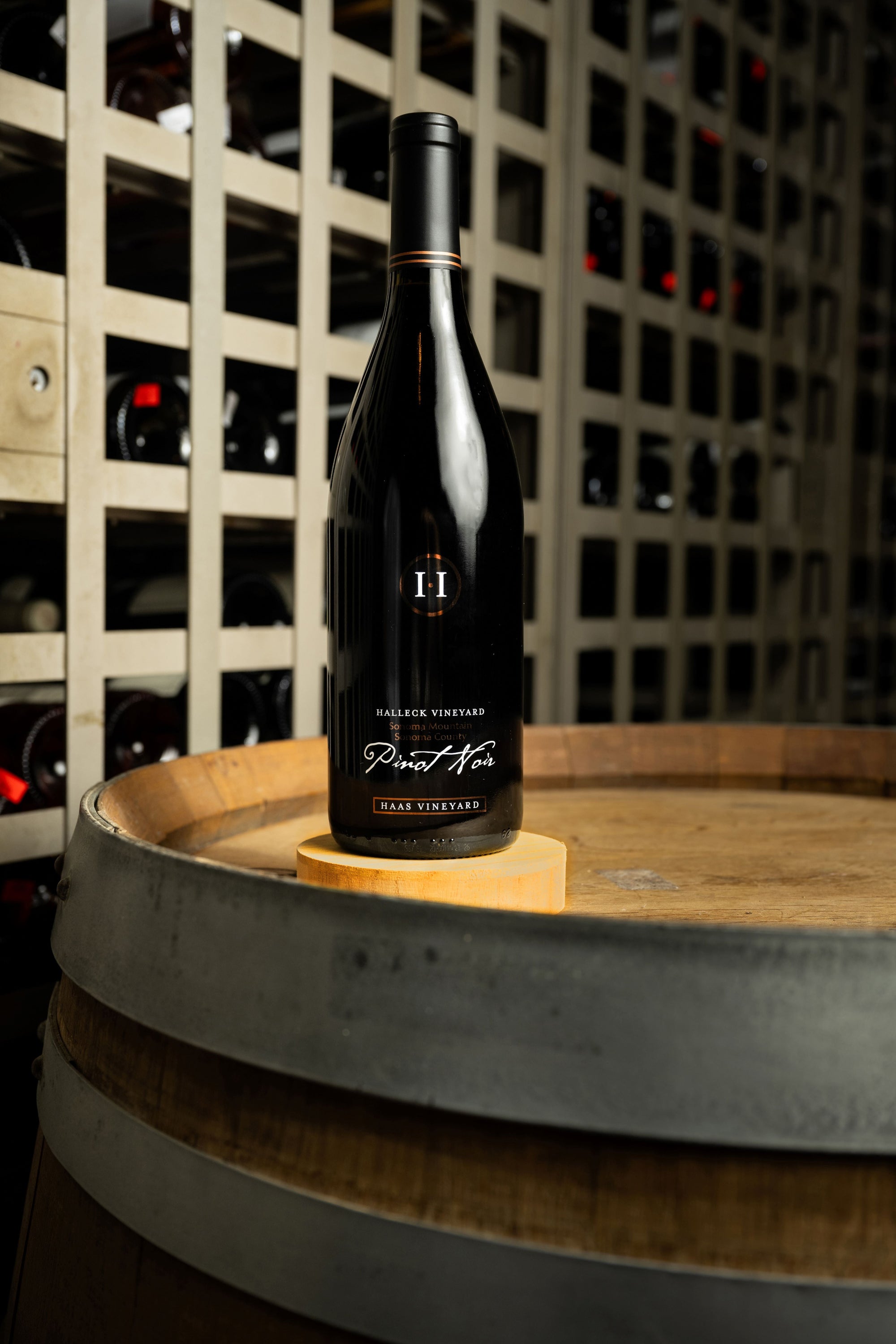Wineries Offering Virtual Wine Tastings - Best Wineries For Wine Tasting Sonoma Area
Celebrated Winemakers To Discover In Sonoma - Sonoma Valley Vineyards And Wine Tasting
Wine tasting is usually regarded as an art kind, one that goes past merely having fun with a beverage. It embraces a posh interplay of flavors, aromas, and textures that requires dedicated practice to actually grasp. Many who enterprise into the world of wine tasting quickly understand that it involves far more than just sipping wine. Enhancing sensory skills through devoted winery wine tasting can elevate the experience, transforming an off-the-cuff drinking occasion into a classy exploration of the senses.
At a fundamental degree, wine tasting engages the senses of sight, scent, taste, contact, and even sound. Every component performs a crucial function in appreciating the nuances of a wine. When one first pours a glass of wine, the rich hues can present initial insights into its age and varietal. Observing the color and readability helps kind expectations in regards to the wine's flavor profile. Many don’t absolutely respect how this visible assessment can set the stage for what is to observe.
The subsequent step is to have interaction the sense of odor. Swirling the glass aerates the wine, permitting its risky compounds to escape and fill the air with its bouquet. The nostril entails some fascinating layers—different aromas can sign various features of the winemaking process, together with the kind of grapes used, fermentation strategies, and growing older situations. Growing a eager sense of odor could be a game-changer in wine tasting.
Wineries In Dry Creek Valley - Sonoma Wine Tasting Adventures
To improve this sensory skill, wine enthusiasts are often inspired to take part in dedicated tastings at wineries. These tastings permit individuals to focus solely on the sensory experience (Wineries With Live Music Events Occasionally). Tasting periods led by knowledgeable sommeliers or winemakers can supply insights into figuring out distinct aromas. Learning to distinguish between floral, fruity, earthy, and spicy notes can empower a taster to articulate their experience with greater precision.
As one practices their sensory talents, they could discover that their style preferences evolve. This transformation usually happens after a number of tastings. A wine that initially appeared overwhelming may reveal hidden layers of complexity with a little bit of experience. Understanding how to isolate particular person flavors corresponding to acidity, sweetness, bitterness, and umami contributes considerably to the overall wine experience.
Another important element in enhancing sensory skills is the context by which wine is tasted. Environmental factors like temperature, lighting, and even the company current can affect perceptions. At a winery, an optimal setting can cut back distractions and enable a extra profound exploration of the wine (Wineries Offering Virtual Wine Tastings). Training mindful tasting techniques encourages a more immersive experience, allowing tasters to hone in on their senses.
It isn't solely about individual notion, although. Partaking with others during a tasting also can enhance sensory skills. Sharing notes and discussing impressions fosters a deeper understanding of the wine. This collaborative approach encourages members to articulate their sensory experiences, thereby broadening their linguistic repertoire associated to wine tasting.
Quaint Wineries In Picturesque Settings In Sebastopol - Discovering Sonoma Area Wineries
Additionally, pairing wine with food can significantly improve the tasting experience. Totally Different combinations can convey out unique flavors in each the wine and the dish. As one tastes a wine alongside explicit meals, they'll start to recognize how sure elements in the wine complement or distinction with what they are eating. This skill of pairing is one other layer that enriches sensory improvement.
Coaching one’s palate can involve a variety of workouts. Some enthusiasts interact in systematic tasting experiences, sampling a variety of wines that showcase different varietals, areas, or vintages. Exploring this diversity can sharpen the power to discern nuances throughout different wine profiles. Over time, this practice builds a mental library of flavors that can be accessed throughout future tastings.
Notably, written notes serve a dual objective: organizing one’s thoughts and reinforcing memory. By writing down observations about every wine, tasters can monitor their progress over time. Detailing the characteristics of wines assists in solidifying knowledge, finally deepening one’s appreciation of what they consume.
Moreover, attending workshops or classes centered on sensory evaluation can be helpful. Many wineries provide these educational packages to assist people refine their skills. Typically, educated instructors guide members by way of structured tastings, specializing in specific elements of the wine. This stage of schooling reinforces the sensory skills asynchronously and challenges tasters to consider their experiences from totally different angles.
Beautiful Picnic Areas At Sonoma Wineries - Discovering Sebastopol's Wineries
Over time, the commitment to enhancing sensory skills by way of devoted our website winery wine tasting can yield significant rewards. The enjoyment derived from wine becomes layered and multifaceted. No longer limited to a simple desire for "red" or "white," tasters start to understand the tales behind each pour. They domesticate a palette capable of navigating the complicated landscape of flavors with confidence.
In conclusion, the journey of enhancing sensory skills through dedicated winery wine tasting is as rewarding as it's gratifying. It requires focus, commitment, and a willingness to learn, but the outcomes far exceed the preliminary effort. By participating a quantity of senses and participating in thoughtful discussions, individuals not only turn out to be more adept at identifying flavors but also develop a deeper appreciation for the craftsmanship behind every bottle. The course of transforms wine from a mere beverage right into a wealthy tapestry of sensory exploration that beckons enthusiasts to delve deeper. As skills improve, so too does the enjoyment, enriching life experiences one sip at a time.
Wineries In Sebastopol - Sonoma Vineyards For A Perfect Day Out
- Participating the palate through diverse wine varieties enhances the power to inform apart flavors and aromas, refining general sensory perception.
- Collaborating in guided tastings promotes focused consideration on delicate traits of each wine, nurturing important tasting skills.
- Studying to determine specific grape varieties fosters a deeper understanding of terroir, which aids in recognizing regional flavor profiles.
- Incorporating food pairings throughout tastings can heighten sensory consciousness, as completely different tastes can influence one another and alter perceptions.
- Working Towards the art of swirling and nosing wines allows people to connect olfactory cues with taste, improving the flexibility to articulate sensory experiences.
- Attending workshops that emphasize blind tastings trains participants to rely purely on their senses somewhat than preconceived notions, enhancing objectivity.
- Elevating sensory skills can result in higher wine choice skills, empowering people to make informed selections based mostly on personal preferences.
- Partaking with educated sommeliers offers insights into wine-making processes, which deepens sensory appreciation and enhances vocabulary for describing wines.
- Regular participation in tastings encourages memory growth of flavors and aromas, aiding in the formation of a personalized sensory profile over time.
- Sharing tasting experiences with friends fosters discussion, selling communal learning that may enhance particular person sensory skills through collaboration.undefinedWhat is the purpose of enhancing sensory skills via wine tasting?

Enhancing sensory skills via wine tasting allows individuals to reinforce their capability to identify and recognize the varied aromas, flavors, and textures of wine. This heightened sensory awareness can result in a deeper understanding of wine and an general enriched tasting experience.
Wineries Offering Charcuterie And Wine Pairings - Top Wineries To Visit In Sebastopol
How can I develop my sensory skills at a winery?
You can develop your sensory skills at a winery by taking part in guided tasting classes that focus on specific varietals. Have Interaction with knowledgeable workers who can provide insights and encourage you to take notes on your impressions, enhancing each your observational and descriptive abilities.
What should I anticipate throughout a dedicated wine tasting experience?
Scenic Vineyard Tours In Sebastopol - Sonoma Wine Tasting Adventures
Throughout a dedicated wine tasting experience, expect to sample a selection of wines while receiving targeted schooling about every one. You May be taught in regards to the winemaking course of, tasting techniques, and the way Go Here to discern different sensory characteristics, all in a relaxed environment.

Is prior knowledge of wine needed to learn from a sensory skills workshop?
- Wineries With River Views
No prior information of wine is critical; the workshops are designed for all levels of experience. Newbies will discover valuable data to build from, while seasoned tasters can refine their skills and increase their palate even additional.
How do sensory skills influence my total wine appreciation?
Wineries Offering Private Events - Wine Tasting Experiences In Sonoma Valley
Bettering sensory skills considerably enhances your overall wine appreciation by permitting you to determine subtleties and complexities in wines. This deeper understanding enriches your tasting experience and helps you make informed alternatives based mostly on personal preferences.
Are there specific techniques I ought to use while tasting wine to enhance my sensory skills?
Wineries Promoting Wine Club Memberships - Sebastopol Winery Experience
Yes, employing techniques such because the "SWOT" method (Sight, Swirl, Odor, Sip, Savor) could be helpful. Pay attention to the wine's appearance, aromatics, and mouthfeel, and take your time with each sip to totally explore the flavors and sensations.
What sort of wines are usually included in sensory skills tastings?
Typically, sensory skills tastings embrace quite a lot of wines that showcase different areas, varietals, and styles. This diversity helps members determine distinct characteristics and enhances their capacity to distinguish between wines.
Can sensory skills workshops be personalized to my tasting interests?
Wineries With Unique Gamay Wines - Explore Sebastopol Area Vineyards
Many wineries provide personalized choices for sensory skills workshops, permitting you to focus on particular forms of wines or themes that curiosity you, such as organic wines or distinctive regional offerings. It Is best to inquire instantly with the winery for tailored experiences.
Is there a way to practice sensory skills after leaving the winery?
Sure, you'll find a way to practice your sensory skills at home by tasting different wines and preserving a tasting journal. Experimenting with numerous food pairings and aromatics can further improve your understanding of how flavors work together, reinforcing the skills gained on the winery.